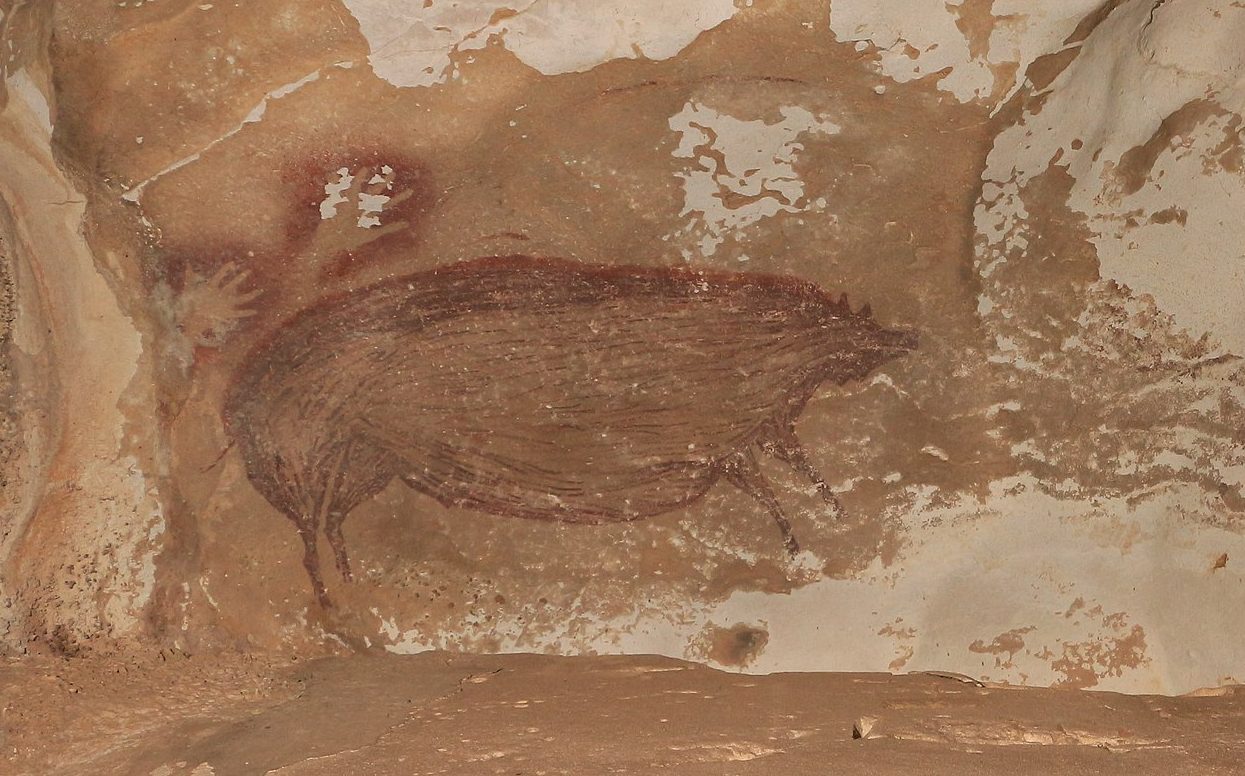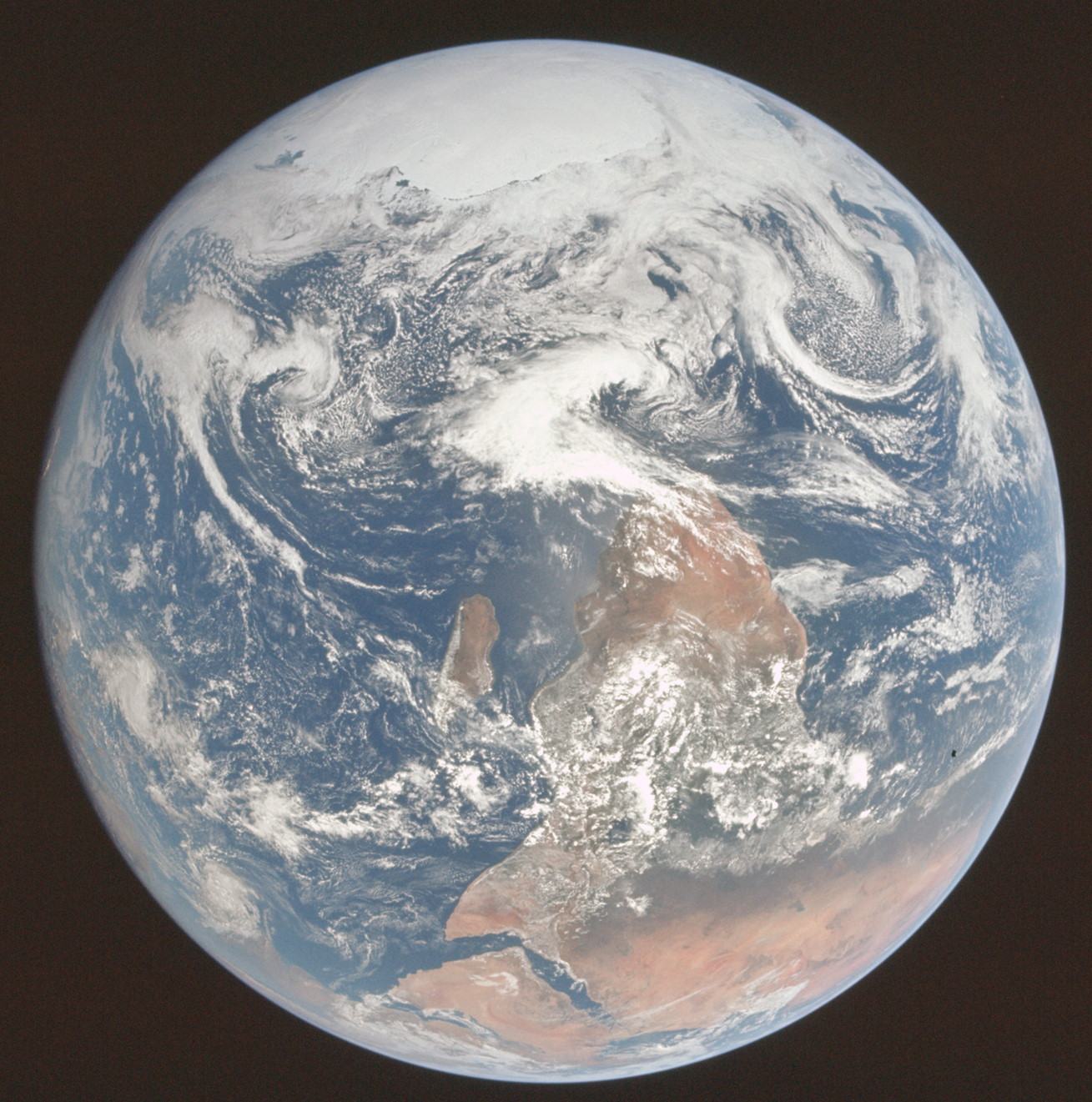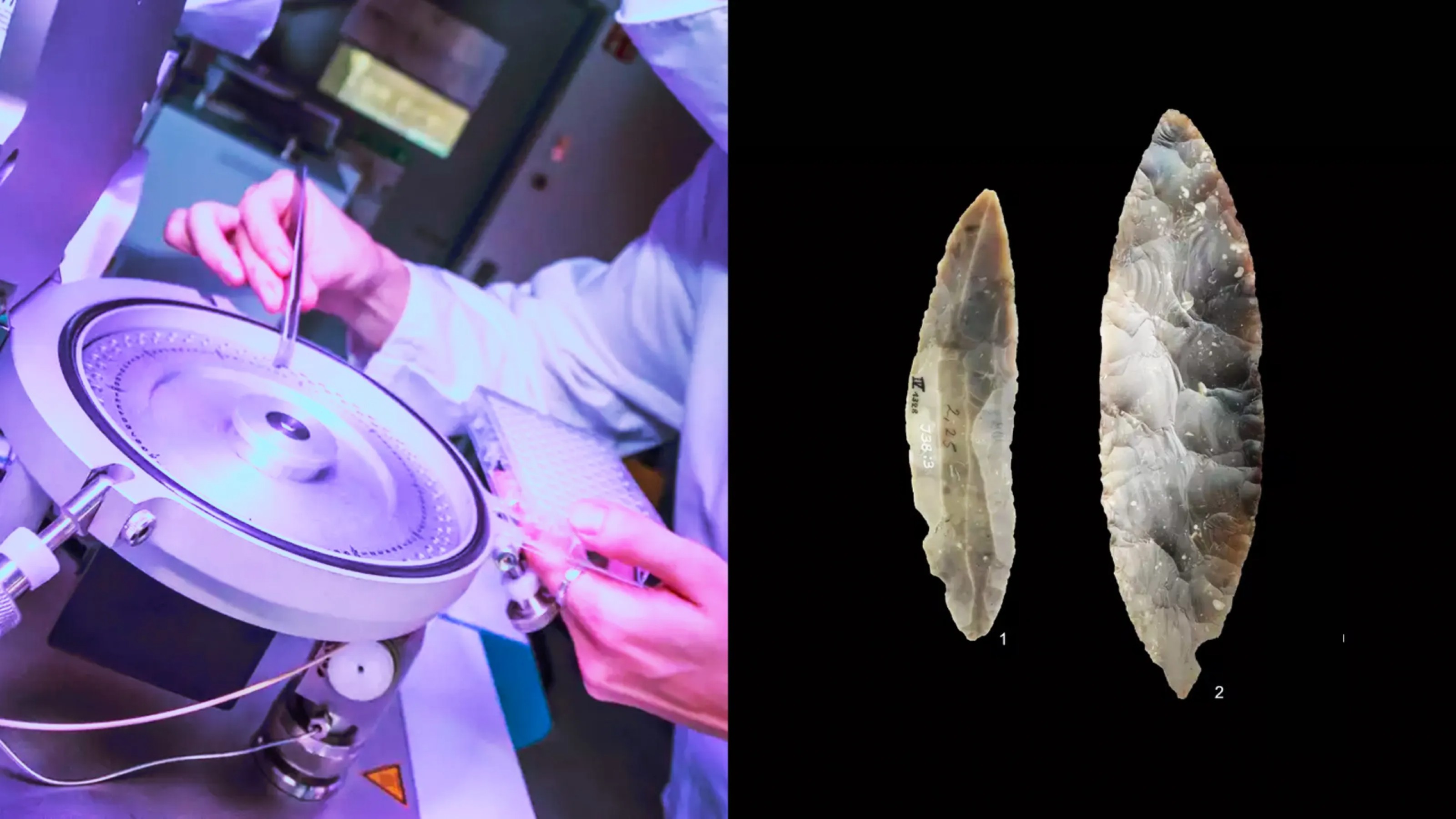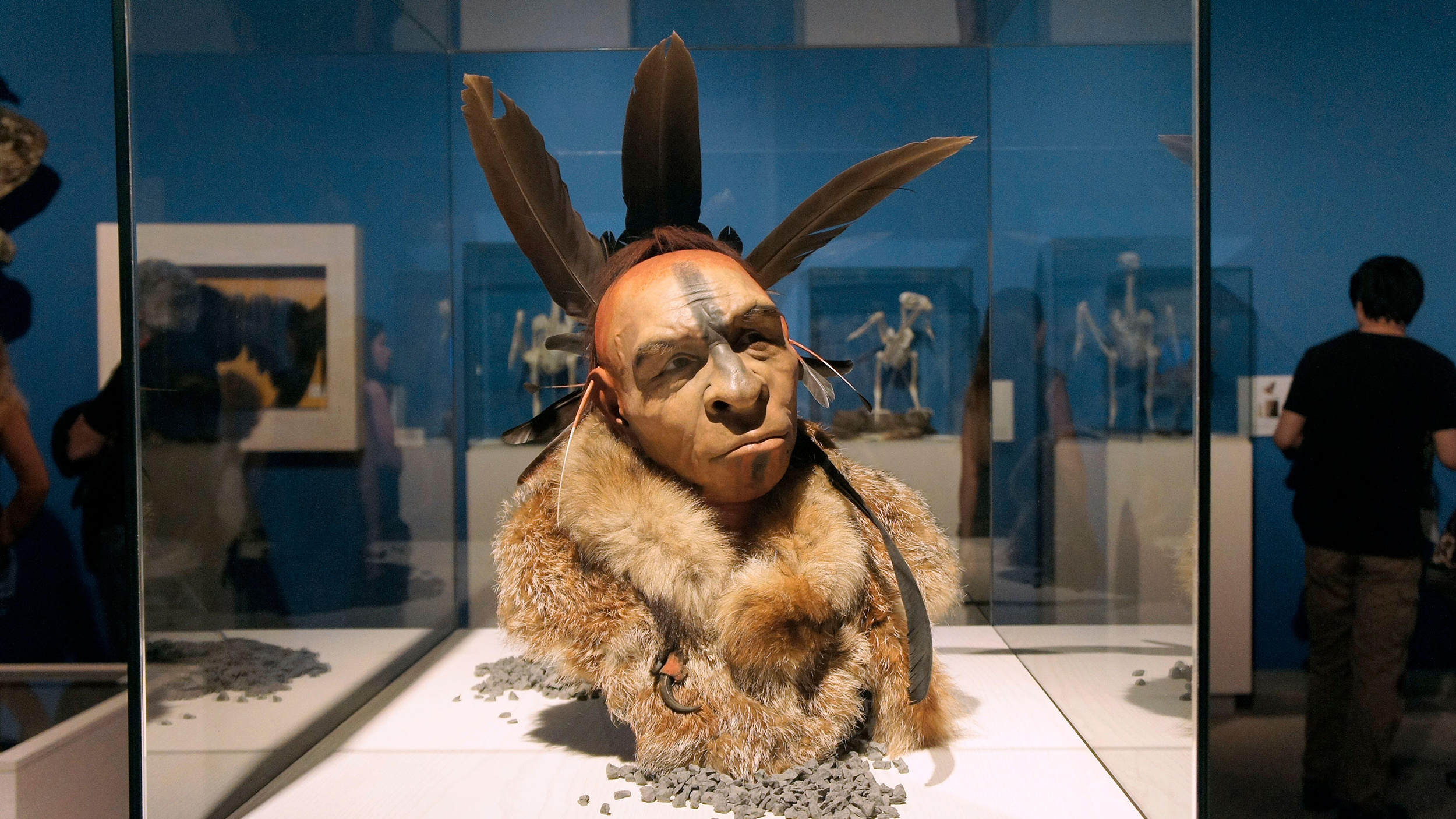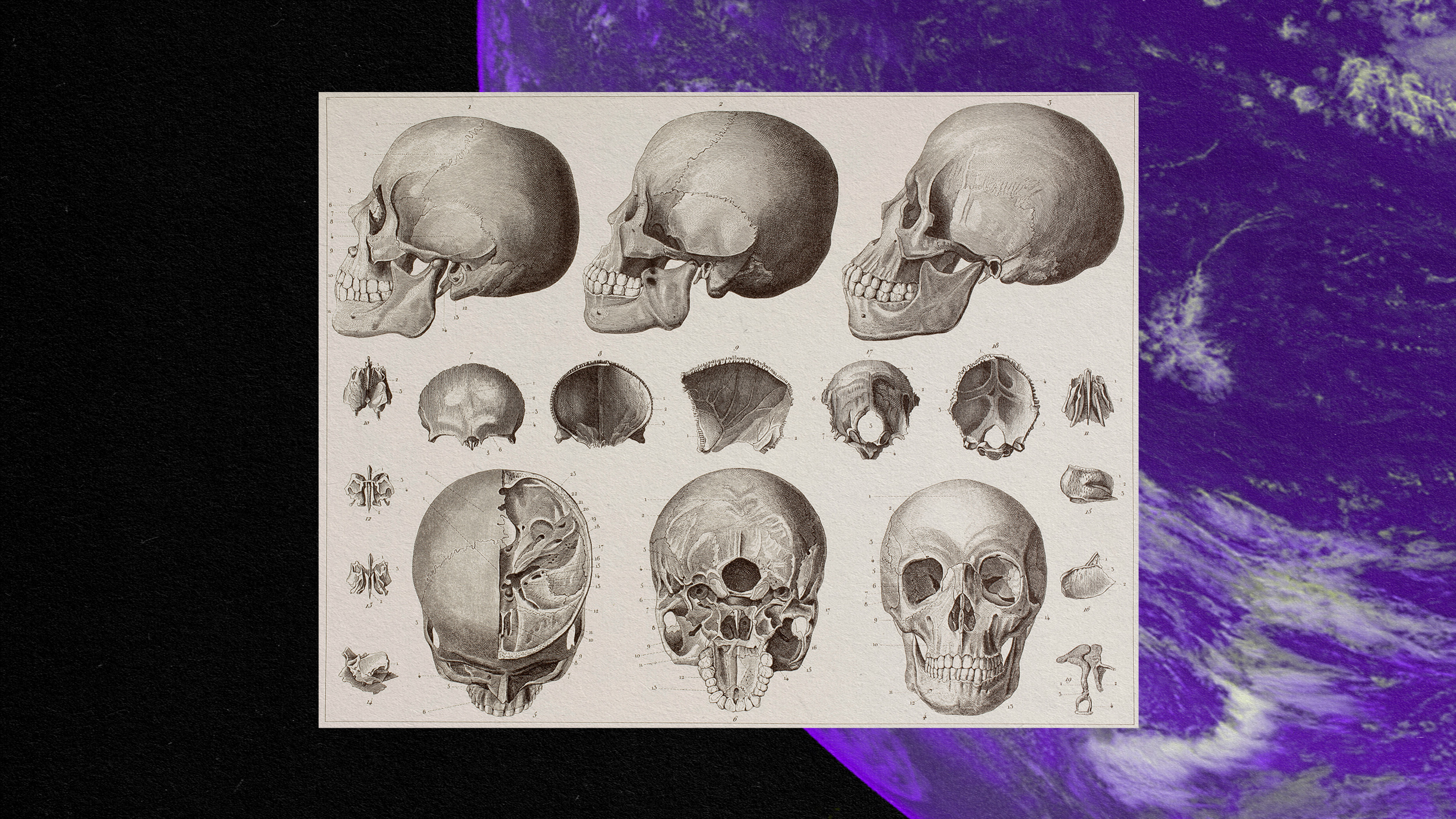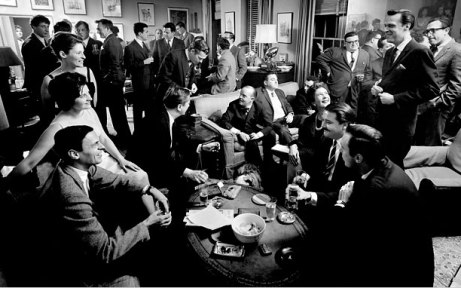Tales of a Fossil Hunter
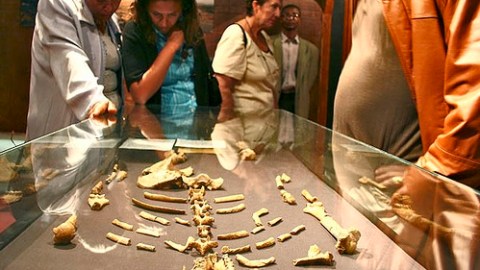
If looking for ancient bones to dig up sounds like hard work, that’s because it is. According to anthropologist Donald Johanson, even modern tools such as GPS don’t save scientists from having to “look and look and look and look” for fossils. Yet as the discoverer of the famous “Lucy” skeleton knows, one big find can be life-altering, world-shaking,and downright fun—as when he and his then-girlfriend named the skeleton after a Beatles song they were listening to at the time.
In his Big Think interview, Johanson discusses the scientific legacy of the “Lucy” find, as well as the “First Family” group of fossils that—while less of a media sensation—may actually have been his most important discovery. He also weighs in on the mystery of the Neanderthals’ disappearance and illuminates the origins of human creativity, arguing that art did not begin in the Lascaux cave era but rather accompanied us out of Africa.
